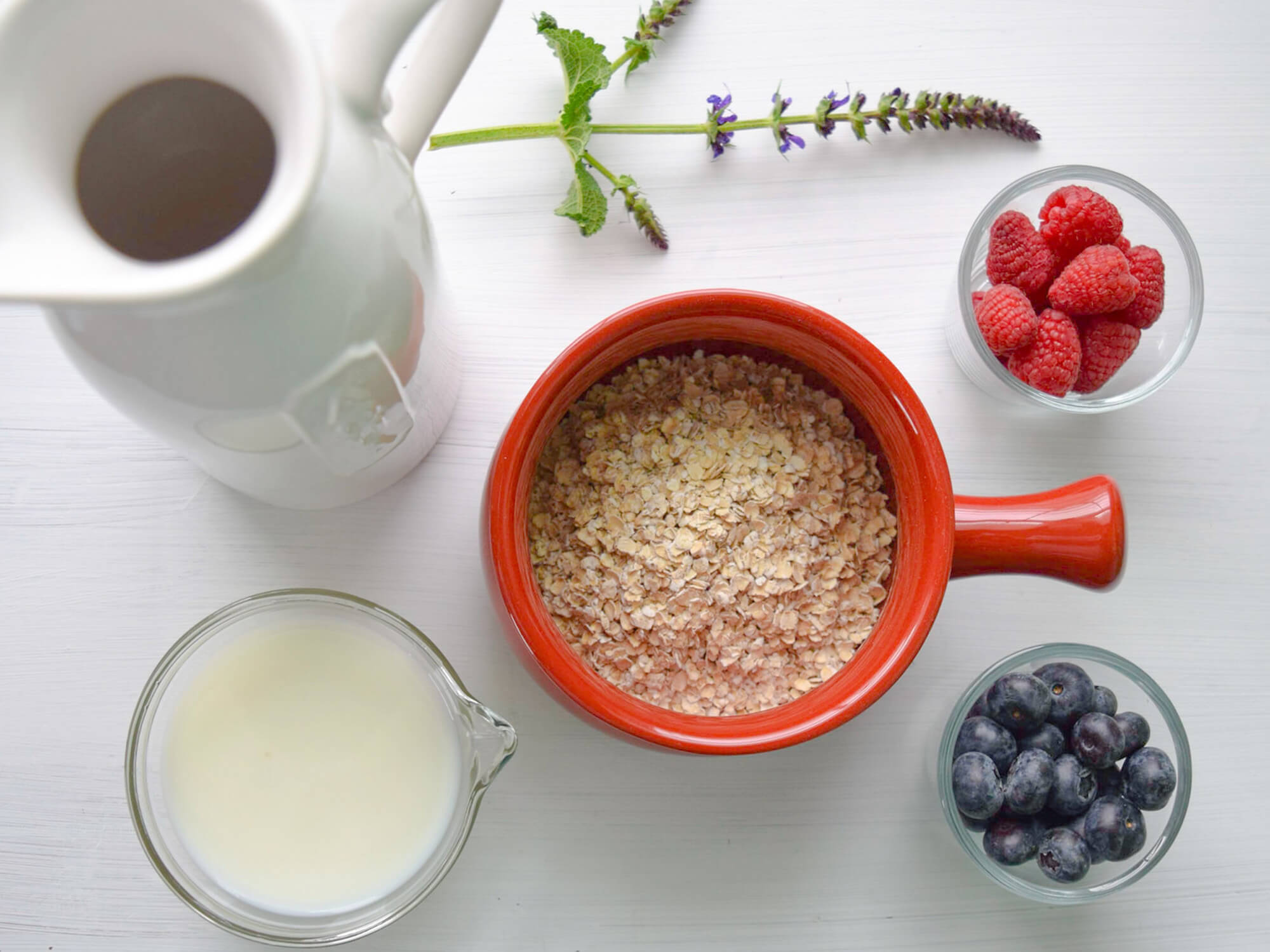Am I enough the way I am? Am I attractive? Can I really pull it off?
Such questions creep into our thoughts again and again and make us doubt ourselves. Maybe you know this too.
First of all, self-doubt is not uncommon, so you are not alone.
It is perfectly normal to feel insecure or nervous when facing new challenges. But if your thoughts only revolve around self-doubt, it can have a significant impact on your life and be stressful.
Where does this self-doubt come from?
The causes of self-doubt can be as varied as the doubts themselves. Most often, self-doubt is triggered by low self-confidence or self-esteem. However, there are also a few more specific triggers that can help you to better understand the background of your self-doubt and thus be able to address and ultimately overcome it.
Making comparisons
Comparing ourselves to our peers is super normal and doesn't have to be problematic per se. However, the comparisons we make as adults often look like this:
The model in the ad is prettier / slimmer / more attractive than me.
or
My colleagues are more successful / more popular / more intelligent than I am.
The problem with this? We tend to compare ourselves "upwards", i.e. with people who are "better" than us in our eyes. In such a comparison, we can only lose and self-doubt quickly arises about our appearance or our successes. Recognising this is an important step in getting rid of your self-doubt.
Expectations
Another cause can be the expectations your environment has of you. Two things play a role here:
You think you have to live up to the expectations. I'll tell it like it is: No, you don't have to. Certain expectations are certainly reasonable to meet, for example when it comes to deadlines in your job. Often, however, the expectations that are placed on us are not obligatory. So the first question you should ask yourself when something is expected of you is "Is this something I want for myself and my life?"
The expectations that are placed on you are unrealistic. Expectations can be inspiring, stimulating and motivating if they are achievable. If this is not the case, frustration is more likely to result. Ask yourself whether possible expectations can be fulfilled at all. Would you find them realistic and appropriate, for example, if they were set for your boyfriend or your sister? If this is not the case, you have to check them off.
Beliefs
Self-doubt can also arise from our early childhood experiences. For example, one cause of later self-doubt can be the parenting methods of your parents. If you were rewarded for your successes as a child by your parents giving you love and affection, the belief system "Only if I am successful am I lovable/enough." or "If I make mistakes, I am not worth anything." can develop from this.
Such beliefs and assumptions can lead to feelings of inferiority and cause us to doubt ourselves.

6 tips on how to overcome self-doubt
The good thing is that you can learn to deal with your self-doubt. A good approach to self-doubt is always to strengthen your self-confidence and self-assurance. In order to do this, one thing is particularly important: acknowledge that self-doubt is there!
Accept what is
In order to deal with your self-doubt, it is important to first accept that it is there. Self-doubt is only uncontrollable if you are not aware of it. But if you know your self-doubt, you can overcome it.
Try to be aware of your thoughts and catch your self-doubt "in the act". This is already the first step towards overcoming them.
Stop thinking
Once you have become aware of your self-doubt, you can decide when it is too much for you. The thought stop is my personal favourite exercise because it is so effective. It consists solely of saying STOP. Saying the word stop out loud (not just thinking it!) breaks through the self-doubt in your head and gives you the opportunity to assess whether the doubts are just getting you ahead or whether you would rather take a more positive perspective, for example by reminding yourself of your strengths.
Question comparisons
Comparing ourselves to others is a common cause of self-doubt. Try to question these comparisons in the future:
Do you even want the things you are comparing yourself with?
Is the comparison realistic or are you comparing the body of a new mum with that of a model?
Does the comparison help, motivate or inspire you?
If you answer no to these questions, the comparison is doing more harm than good. Instead, compare yourself with yourself. For example, what were you not able to do in the past that you have learned in the meantime? This is often much more positive and helps you to recognise your strengths.
Change focus
Are you aware of your strengths and successes?
Sometimes we get so caught up in our self-doubt that we forget all the great things about ourselves. Think about your strengths and what you have already achieved. If you like, you can use the following sentences as a guide:
I like about myself...
It is particularly easy for me...
I am good at...
If you find it difficult to complete the sentences or can't think of anything, ask those around you what they like about you or what you are good at.
Create new successes
To extend your list of successes, it is important to be able to celebrate new successes. This can help: Take it one step at a time!
Try to set realistic goals and break them down into small steps. This way, big tasks don't seem so big anymore and once you've had the experience of being able to accomplish something again, every new beginning is easier.
Worst-case scenario
And if things do go wrong? Mistakes are human and belong to you, just as they belong to me. Try not to condemn yourself for mistakes and above all: don't be afraid of mistakes. If you do get scared, imagine the worst-case scenario: What is the worst that could happen? Often we experience that what we were afraid of all the time is not so bad. Maybe you can even learn something from your mistakes.
Conclusion
Self-doubt is totally normal! And they are not invincible! It can help to know where your self-doubts come from in order to understand and overcome them. There are many ways to overcome your self-doubt. The best thing is to try out what helps you the most and what you feel most comfortable with.
And what is always a good idea anyway: Talk to your friends or family about your doubts. You will see that you are not alone.






